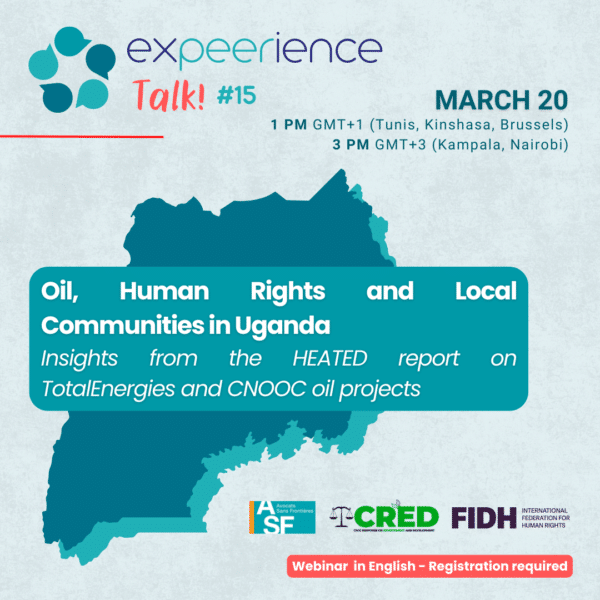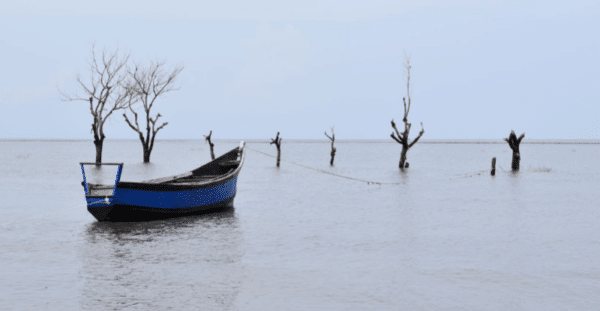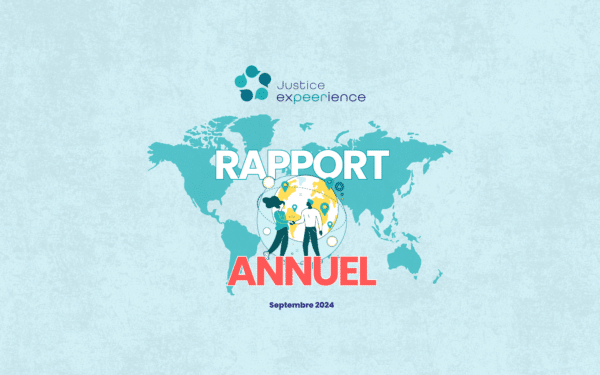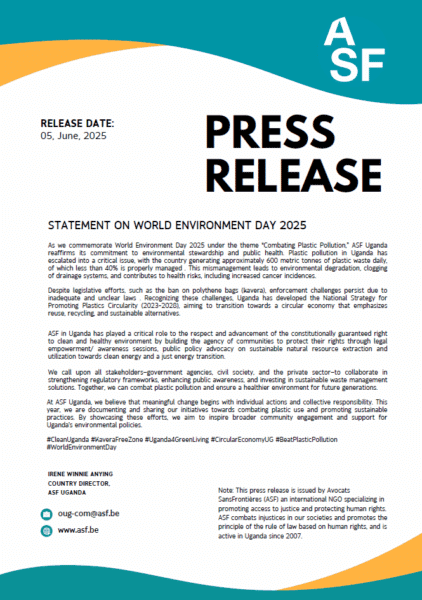General Context
With over 77% of the population under 25 years of age, Uganda has one of the youngest and most
rapidly growing populations (51.38 million inhabitants as of 2025¹) in the world. The colonial boundaries created by Britain to delimit Uganda grouped together a wide range of ethnic groups with different political systems and cultures. These differences complicated the establishment of a working political community after independence was achieved in 1962.
The dictatorial regime of Idi Amin (1971-79) was responsible for the deaths of some 300,000 opponents; guerrilla war and human rights abuses under Milton Obote (1980-85) claimed at least another 100,000 lives. In 1986, the “Liberation War” brought to power the National Resistance Army, led by Yoweri Museveni. Turned as a political party under the acronym National Resistance Movement, the NRM regime has remained in power since 1986 and brought relative stability to the country. However, the NRM rule has also been characterized by conflicts in West Nile, Acholi, Karamoja and the Rwenzori regions. In particular, the insurgency of the Lord Resistance Army (LRA) in Northern Uganda, led to large-scale and grave human rights violations.
The condition of justice
In spite of great efforts by the Justice Law and Order Sector (JLOS), the courts of Laws are still physically, financially and technically inaccessible to the poor, who represent the majority of the population. Courts of Law and Law enforcement agencies are widely perceived as corrupt by the population. As a result, the vast majority of legal disputes and legal needs are addressed outside the courts. At community level, there exist multiple routes for Alternative Dispute Resolution (ADR), which, despite being more accessible, are often flawed in ways that impede their efficiency and fairness, in particular with regards to gender equality.
In the absence of a country-wide public legal aid scheme, access to justice remains a challenge for the majority of the population. The limited public services and the ineffectiveness of the local council system make the population rely on services from Legal Aid Service Providers (LASPs) and Civil Society Organisations (CSOs), which are increasingly constrained in a context of reducing civic space and limited consideration for human rights. Besides, such services are scarcely available, especially in rural areas. According to the World Justice Project (WJP) Rule of Law Index 2024, Uganda ranks 126th out of 142 countries worldwide. Regionally, Uganda ranks 28th out of 34 countries in Sub-Saharan
Africa.
The prevalence of the Rule of Law in the administration of Justice remains a challenge. There exists a systematic discrepancy between the legal frameworks and the practices of criminal justice actors, which is detrimental to the protection of the populations’ rights. In particular, unabated deviations in the standards of arrest and remand, coupled with a growing incarceration rate over the last ten years, have led to prisons congestion.
Uganda’s history of conflicts has been partially addressed by the Transitional Justice process so far. Most crimes committed during past conflicts haven’t led to criminal prosecution or other forms of justice, and a culture of impunity remain. In Northern Uganda, and other parts of the country, victims still suffer the consequences of past conflicts. The recent adoption of a Transitional Justice Policy has renewed hope for a meaningful transitional justice process, in particular one that can give victims of international crimes the agency to participate in judicial proceedings.
In the last two decades, Uganda has witnessed an unprecedented increase in foreign direct investment and actual economic activity by both multinational corporations and local business enterprises in its economy. Alongside the infrastructure sector, foreign investment primarily targets the country’s primary (land and forestry) and strategic (oil deposits and minerals) resources. In particular, extractive industries have risen in the Albertine Graben and Karamoja regions. While these trends present opportunities for development, they raise the question of the latter’s sustainability, as they also carry potential harmful impacts on individuals, communities and the environment.






